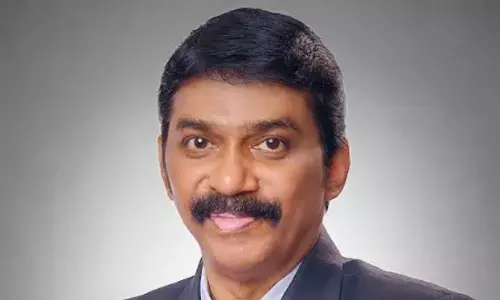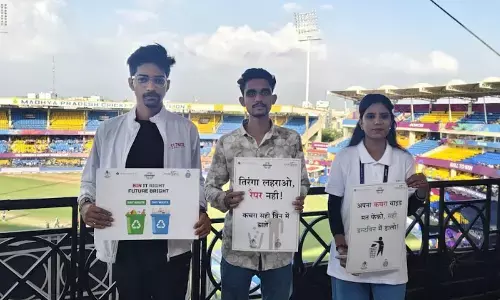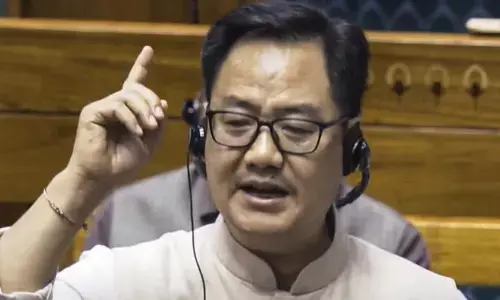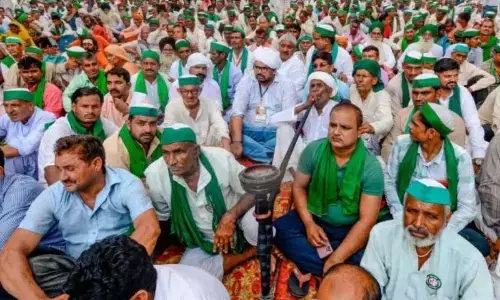Allowing same-sex marriages fall under domain of Parliament
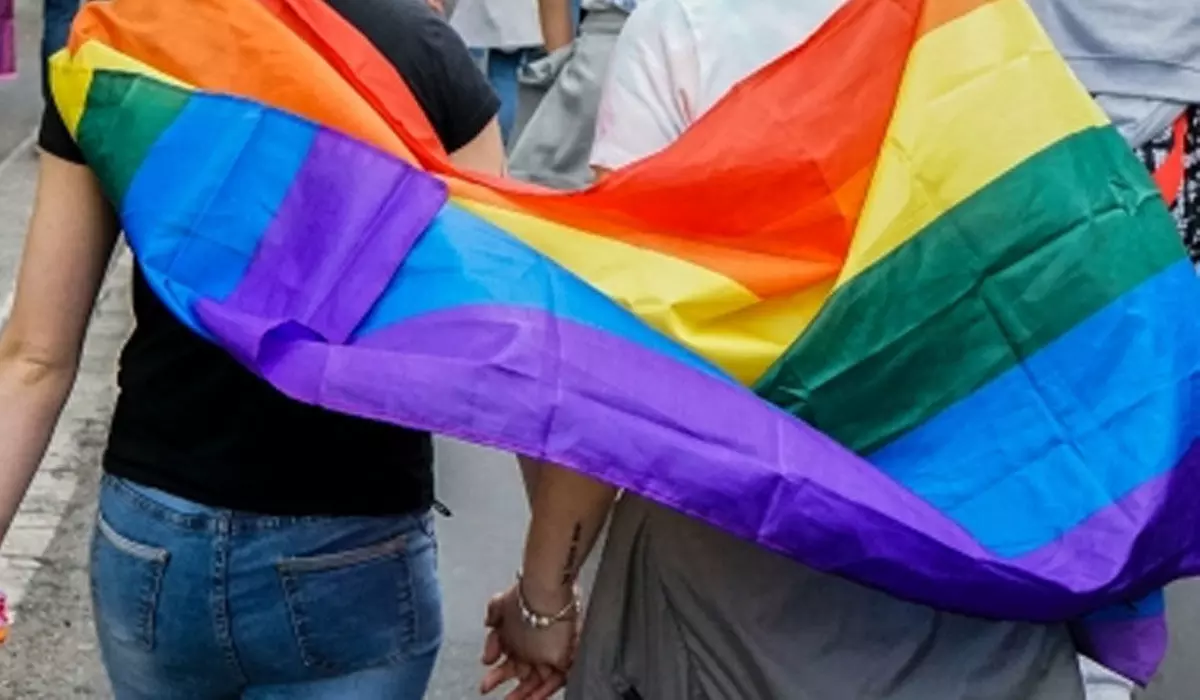
Chief Justice of India D Y Chandrachud has said that fashioning entirely a "new legislative regime" to allow same-sex marriages falls under the domain of Parliament and striking down provisions of the Special Marriage Act for it would have amounted to coming out with a prescription "worse than the disease itself".
New Delhi: Chief Justice of India D Y Chandrachud has said that fashioning entirely a "new legislative regime" to allow same-sex marriages falls under the domain of Parliament and striking down provisions of the Special Marriage Act for it would have amounted to coming out with a prescription "worse than the disease itself".
The observations on recent same-sex marriages verdict and other key aspects of Indian judiciary were made by the CJI in the 3rd Comparative Constitutional Law discussion co-hosted by the Georgetown University Law Center, Washington and the Society for Democratic Rights (SDR), New Delhi on the topic - 'Perspectives from the Supreme Courts of India and the United States'.
Justice Chandrachud, who is in the US, referred to the Special Marriage Act and said it was a secular law to deal with the marriage of heterosexuals belonging from different religions and holding some of its provisions for not allowing same-sex marriages would not have been the perfect thing. "It was argued that the Special Marriage Act is discriminatory because it applies only to heterosexual couples.
Now, if the Court were to strike down that legislation, the consequence would be as I said, in my judgement, it would amount to going back to the position as it obtained even before independence, which was that there was no legislation at all for people belonging to different faiths to get married. So striking down the legislation... would not be adequate and would have been like coming out with a prescription which is worse than the disease itself," the CJI said on Monday.





